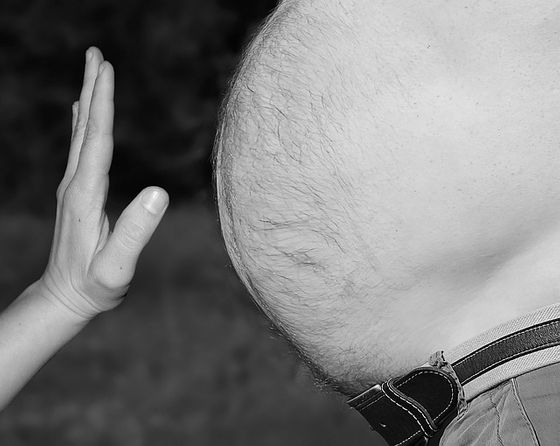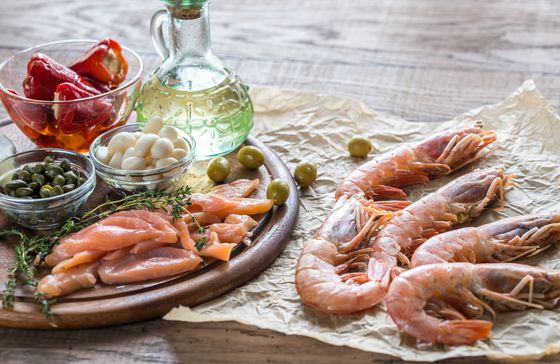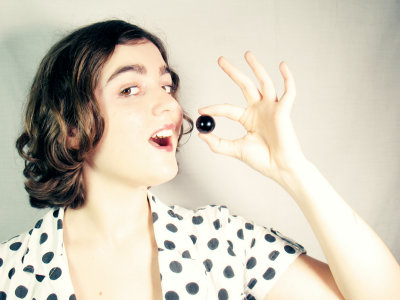Three Ways to Meet Your Appetite

by
Even if you know that eating too much is not good for your body, there are many who say that you can easily reach for food. The writer of the overseas media Quick & Dirty Tips that deals with health information and nutritionist Monica Reinegel explains the causes of appetite from the insight of physiology, and summarizes how to control the appetite well.
The 3 Levers of Appetite
https://www.quickanddirtytips.com/health-fitness/weight-loss/the-3-levers-of-appetite
One of the factors related to appetite is 'hypoglycemia'. When the blood sugar level falls, people become uncomfortable, and they are forced to urge to eat something until they have eaten food and their blood sugar level has recovered. And the second factor is a simple 'stomach bloating condition'. There are receptors in the stomach that sense how much the stomach has expanded. Although this receptor does not usually affect the appetite, it has the function to stop people's appetite by making people feel uncomfortable when the stomach expands. These two elements are elements that generate appetite and conversely suppress appetite, but they both share the point of being a negative desire to avoid discomfort.
On the other hand, 'seeing food' is what creates a more positive desire. The first and second elements are the instinct-based desires needed to sustain life, while the third element is purely based on the desire to taste the joy of eating food. Regardless of whether it is necessary for life maintenance, people feel that they want to eat something by looking at food or smelling food. For this reason, the third factor is the key to good control of appetite.

by
Mr. Rainegel summarizes the following three points on how to prevent eating too much appetite and eating unhealthy food.
◆ It is not something to eat
Instead of having to put up with something and choosing something to eat passively, choosing something to eat for a positive reason will allow you to get along well with your appetite. This is supported by an experiment conducted by Dr. Catherine Esposito of the University of Naples on patients with type 2 diabetes.
The content of the experiment is to divide 215 diabetic patients into two groups and to give two kinds of nutrition instruction. First of all, the first group is given nutrition instruction to 'intake a low-calorie, low-fat diet'. In the instruction, the amount of calories that can be ingested per day, the proportion of fat in the ingested calories, and the proportion of saturated fatty acids among fats etc. are set finely. In addition, consumption of confectionery and refined flour was strictly prohibited. Meanwhile, the second group was instructed to 'Eat ingredients of Mediterranean cuisine'. Specifically, we are instructed to actively incorporate vegetables, fish, chicken, whole grains and olive oil into our diet.

by
If you look closely at the two instructional contents, you can see that the meal contents will be similar following either instruction, but the results were quite different. Patients in the second group had a halved chance of having to take medications to control their blood glucose levels four years later than in the first group. The results of this experiment show that it is more effective to aim at eating something healthy and positively than to worry about eating too much and curbing your appetite.
◆ Do not put food in a noticeable place
There are many families who always want to eat something and have ready sweets for their families and visitors, but if there is a place where food that is tempting is noticeable, their appetite is stimulated and they want to eat It becomes. You should stop buying cakes regularly and stop buying them, but if you really need to buy them, it is effective not to place them in the living room or on the dining table, but just put them in a place that you can not usually see is.

by Alex9500
◆ Do not suddenly reduce the amount of food
When you lose your appetite and eat too much ... Some people suddenly reduce the amount of food to get it back, or try a different diet method, but in most cases it is frustrating It becomes the original tree Amida. On the contrary, it can even be counterproductive. According to a report by Mr. Puriya Smithlan of the University of Melbourne, blood hormones of diabetes patients who were subjected to intense calorie restriction for 10 weeks were analyzed, and it was found that hormones stimulating appetite were increased. . Moreover, even one year after the calorie restriction was over, the increase in this hormone had not improved. In other words, if you change your lifestyle suddenly, you will be more likely to be dominated by your appetite. From this, it can be understood that it is important to change habits little by little, without suddenly reducing the amount of food, in order to get along well with appetite.
Related Posts:
in Food, Posted by log1l_ks







